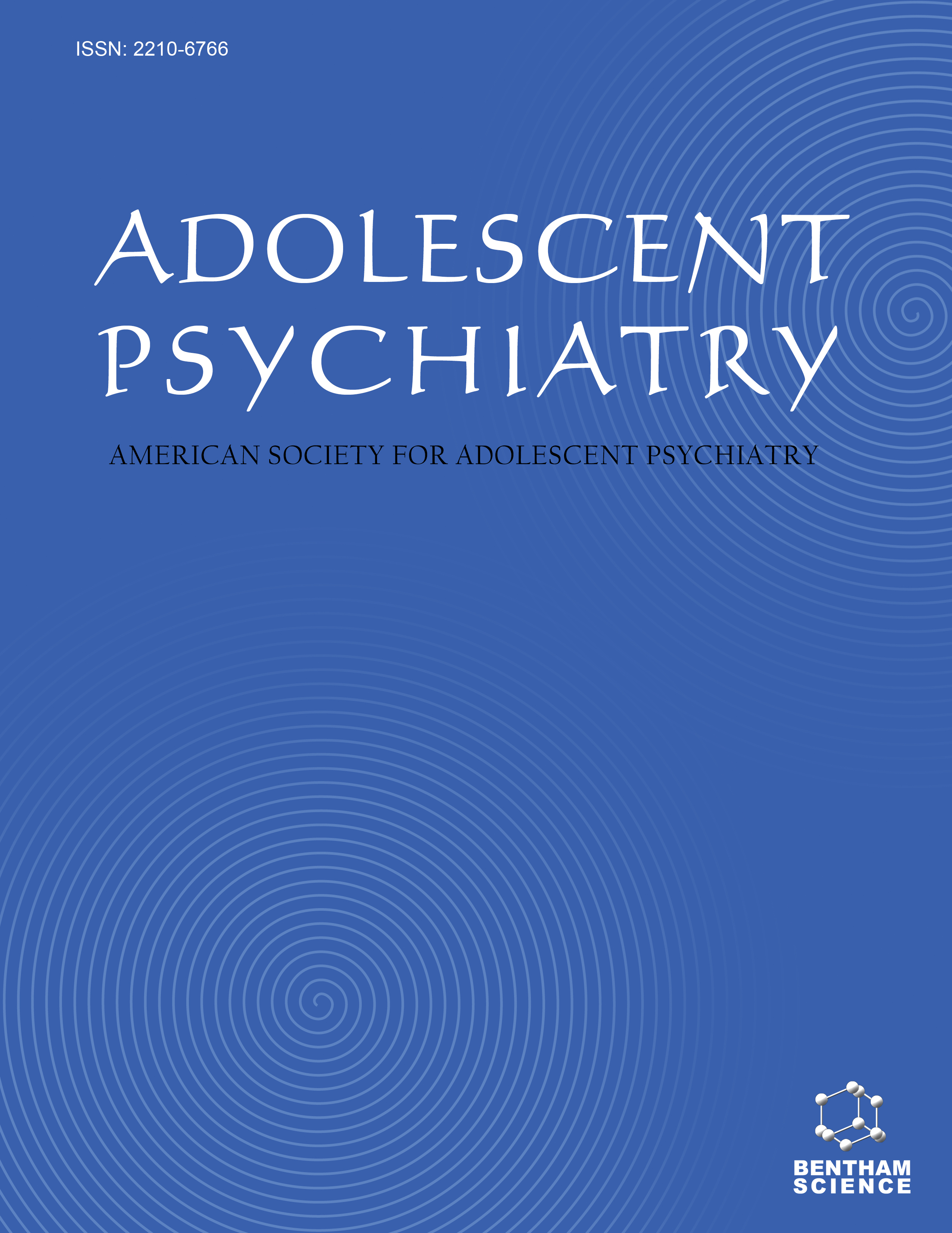-
s Is Knowledge Enough? The Relationship Between Mental Health Knowledge and Stigmatising Attitudes Among Australian Adolescents
- Source: Adolescent Psychiatry, Volume 9, Issue 3, Dec 2019, p. 206 - 219
-
- 01 Dec 2019
Abstract
Background: Young people carry mental health problems disproportionate to the size of their population, and rates of help-seeking are low. School mental health programs have been developed to address these issues, founded on an educational approach to target mental health literacy, and indirectly improve help-seeking. However, it has been suggested that knowledge does not necessarily predict health behaviour in young people. Objective/Methods: A cross-sectional study was conducted to explore whether knowledge about mental illness was related to attitudes towards mental illness and intentions to seek help in a sample of adolescent girls (N=327). Results: Results indicated a weak negative relationship between knowledge about mental health and stigmatising attitudes about mental illness, but no relationship between knowledge about mental health and intentions to seek help for mental health problems. When mental health was categorised (e.g., optimal vs. poorer mental health), a negative relationship between knowledge about and stigmatising attitudes toward mental health was shown in those with poor mental health, but not for adolescents categorised as having moderate or optimal mental health. Conclusion: Findings suggest that while the traditional adage - more information on mental health equals better attitude to mental health - may be true for those with ‘poorer’ levels of mental health (e.g., high levels of psychological distress), it may not reduce stigma associated with mental illness or motivate positive health behaviour in adolescent girls with ‘optimal’ mental health (e.g., low or no levels of psychological distress).


